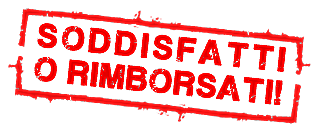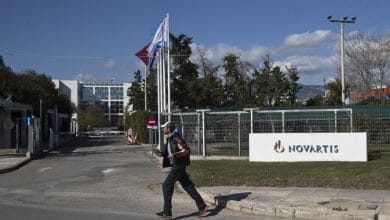
Aifa has adopted mechanisms for the return of money spent on therapies that don't work. But in the recovery of debts, the Regions are not all efficient
by Luigi Ripamonti | December 3, 2014 | CORRIERE DELLA SERA
One of the measures implemented in recent years to keep the accounts of the National Health Service in balance in the face of rising drug prices is that of so-called "risk sharing". In reality, it is a set of mechanisms through which Aifa (Italian Medicines Agency) asks pharmaceutical companies to undertake to return all or part of the capital committed by the State for their drugs in the event of total or partial ineffectiveness of the therapy once administered to the sick. “There are different types of agreement, which can change from case to case – he clarifies Luke Pani, general manager of Aifa -. To simplify we can say that the main ones are the Risk sharing (risk sharing), the Payment by result (payment against the result) and the Cap (total expenditure ceiling for a single drug). These are methods through which, with different timing, the company is paid based on the result obtained, or part of the money spent is returned. In the case of the so-called cap, a pre-established spending limit is first negotiated with the company for a specific drug, after which the money spent by the state must be returned.
The refund mechanism
However, it seems that not all the money that should go back to the health coffers really does. «It's actually a problem – he confirms Carmine Pinto, president of Aiom (Italian Association of Medical Oncologists) -. Because the delegation for the recovery of these credits is entrusted to the Regions and some, such as Emilia-Romagna and Lombardy, are very efficient, while others perhaps recover only a fraction of what they could». «After all, the mechanism is complex – continues Pinto -. It is based on documents (the Aifa forms) which must be compiled by oncologists, then evaluated and completed by hospital pharmacists. If, for example, a patient has undergone two cycles of treatment instead of the four initially foreseen, perhaps because the therapy has not been effective or has not been tolerated, a reimbursement form must be sent to the pharmaceutical company, where there are offices that examine the document and provide for the return of the money to the Health Authority that bought the drug. It is a process in which everyone must do their part well.
The controversy over data collection
A controversy regarding the effectiveness of the methods adopted by AIFA for data collection also weighs on the missed refunds. The Italian Medicines Agency is being challenged for a system for compiling forms that is too complicated and burdensome for doctors. Not only that: after a phase in which the data from the forms was collected and managed for Aifa by an external supplier, we switched to a new supplier, and the data would have become, at least in part, unrecoverable. «They are two different problems – explains Luca Pani, general manager of Aifa -. As regards the onerousness of the system, I would like you to keep in mind that the prescription is a gesture with which, with a stroke of the pen, the State can be made to spend 1 euro or 20 thousand. I think it is legitimate to make everyone responsible on this issue, even asking for a little effort. An analysis of expenditure and its effects is necessary if we want to preserve our solidarity and universal health system. To overcome the difficulties of data collection, we have redesigned the information system, which has become more articulated and efficient, and uniquely tracks the patients treated and the prescribers. We are studying methods that simplify the work, but doctors must be aware of the burden of responsibility they take on with the costs they manage. As for the problem of the change of supplier and the reconciliation of data, a legal dispute is underway to remedy the problems that have been represented".






